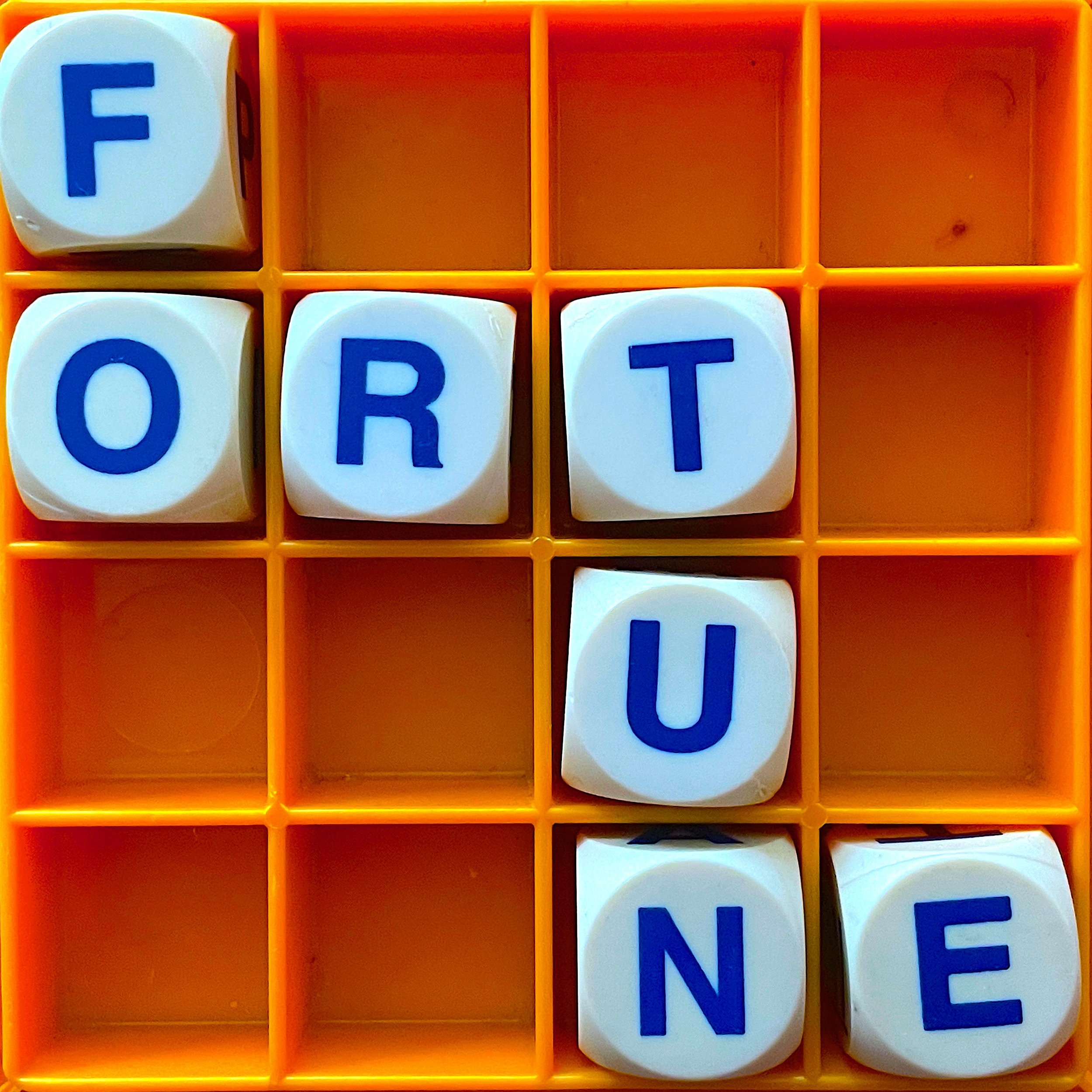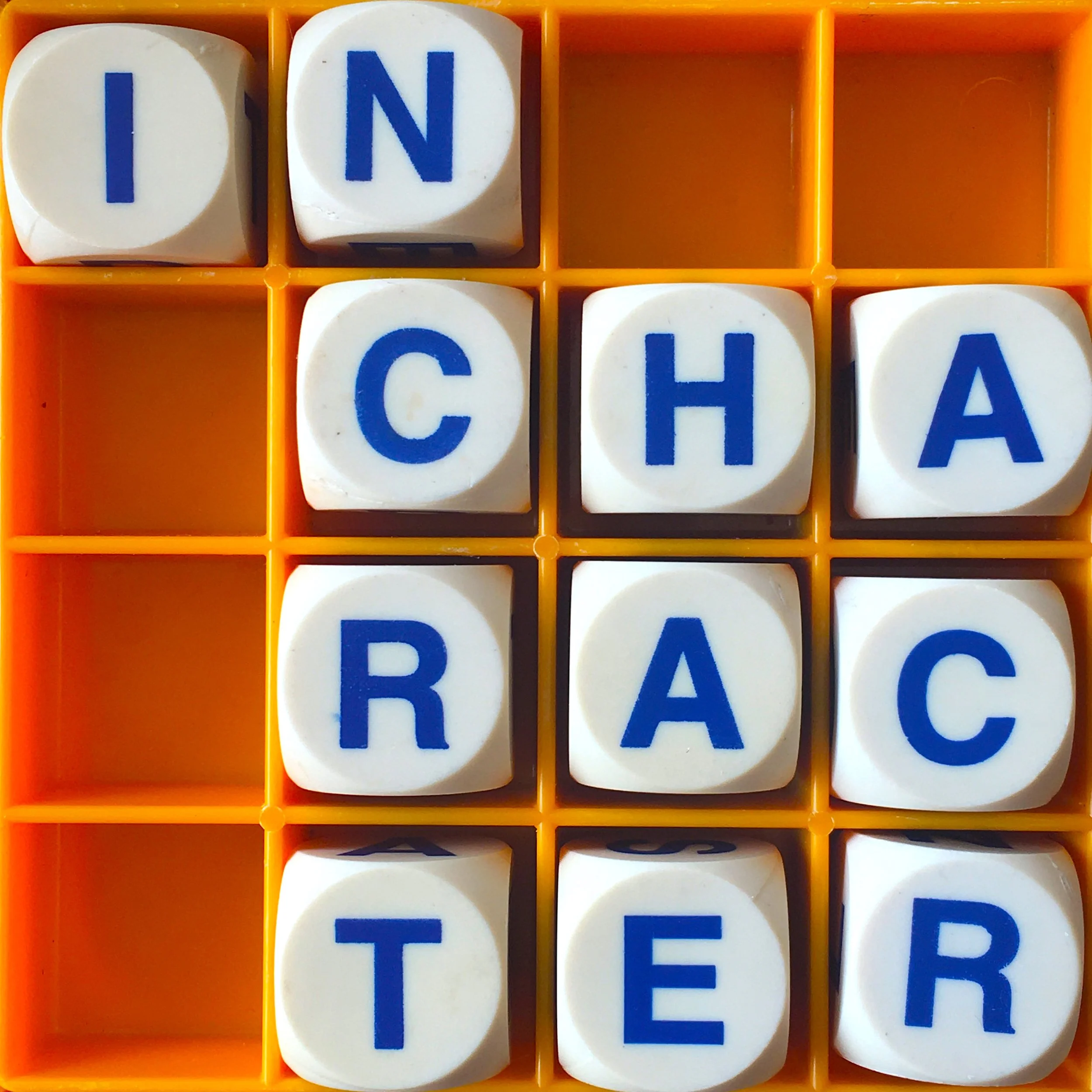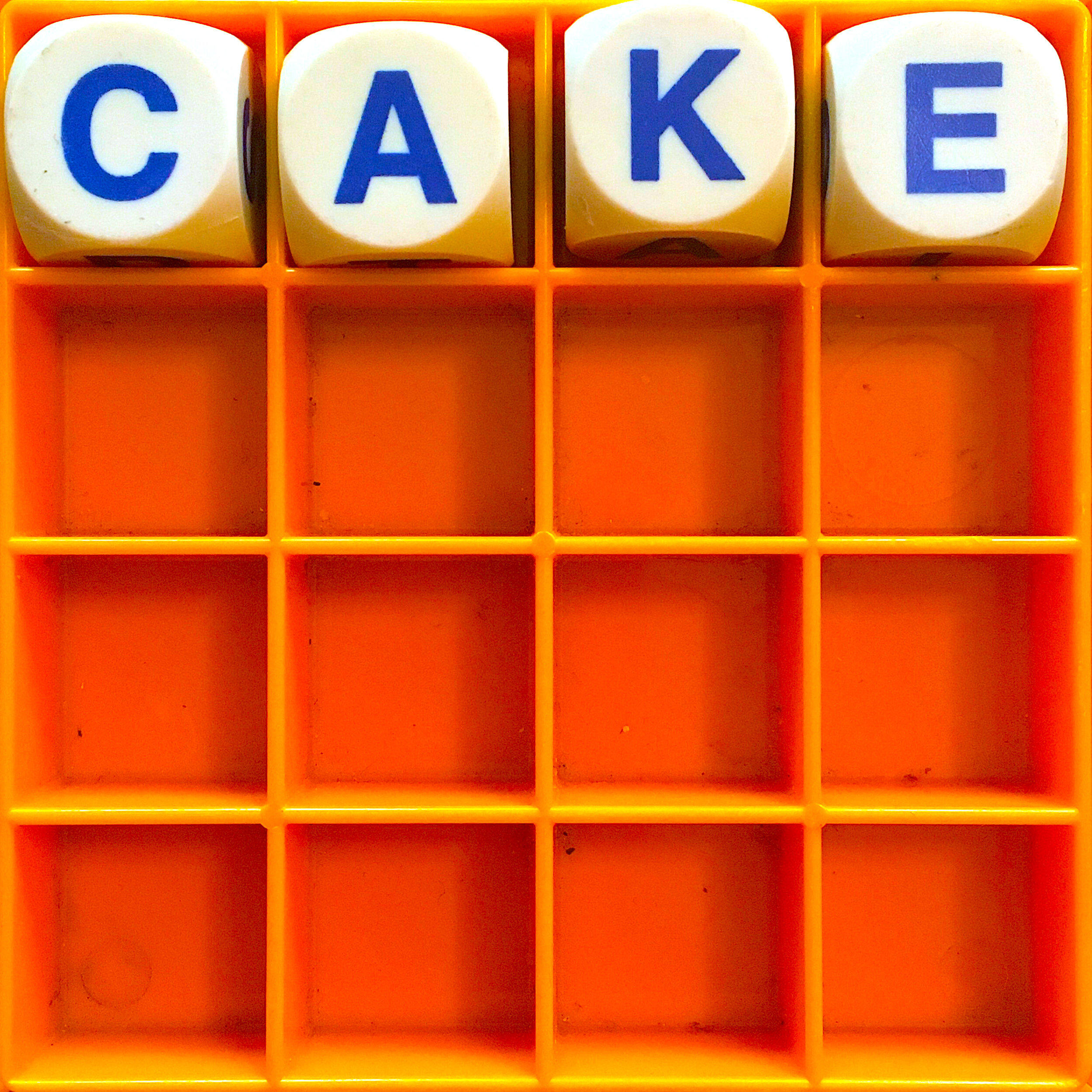At Lunar New Year, certain foods are particularly lucky to eat. Why? Because in Chinese, their names are puns on fortunate things. Damn, maybe noodles are all it takes to get me into puns after all... Professor Miranda Brown, cultural historian of China specialising in food and drink, explains the wordplay foods of new year, and why names are so resonant in Chinese.
Read moreAllusionist 153. In Character
Chinese is one of the oldest still-spoken languages in the world. But when technologies arrived like telegraphy and computing, designed with the Roman alphabet in mind, if Chinese wanted to be able to participate then it had to choose between adapting, or paying a heavy price. And sometimes both were inevitable. Jing Tsu, author of Kingdom of Characters: The Language Revolution that Made China Modern, recounts how Chinese contended with obstacles like alphabetisation, Romanisation and standardisation.
Read moreAllusionist 133. Cake is Mightier than the Sword
What to do to stick it to the powers that be? Send your message through something they really care about: cake.
In Buenos Aires, local tour guides Madi Lang and Juan Palacios introduce me to priest's balls and little cannons, the pastries laced with the sweet taste of 1880s trade union protests.
Read more


